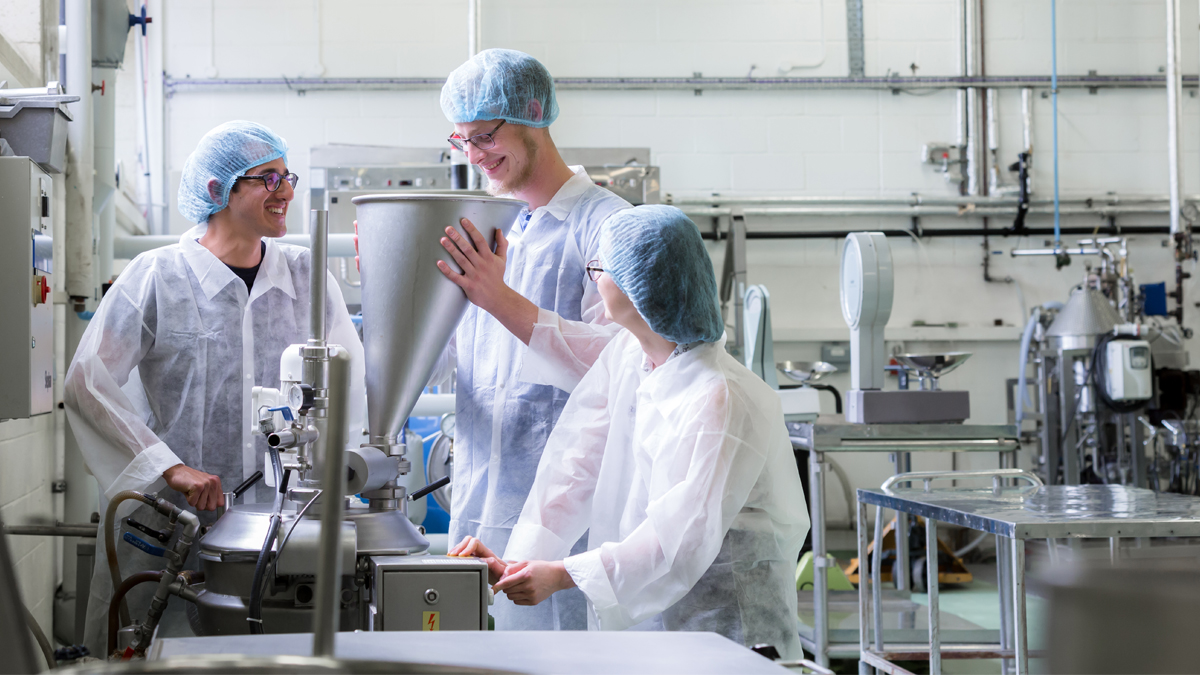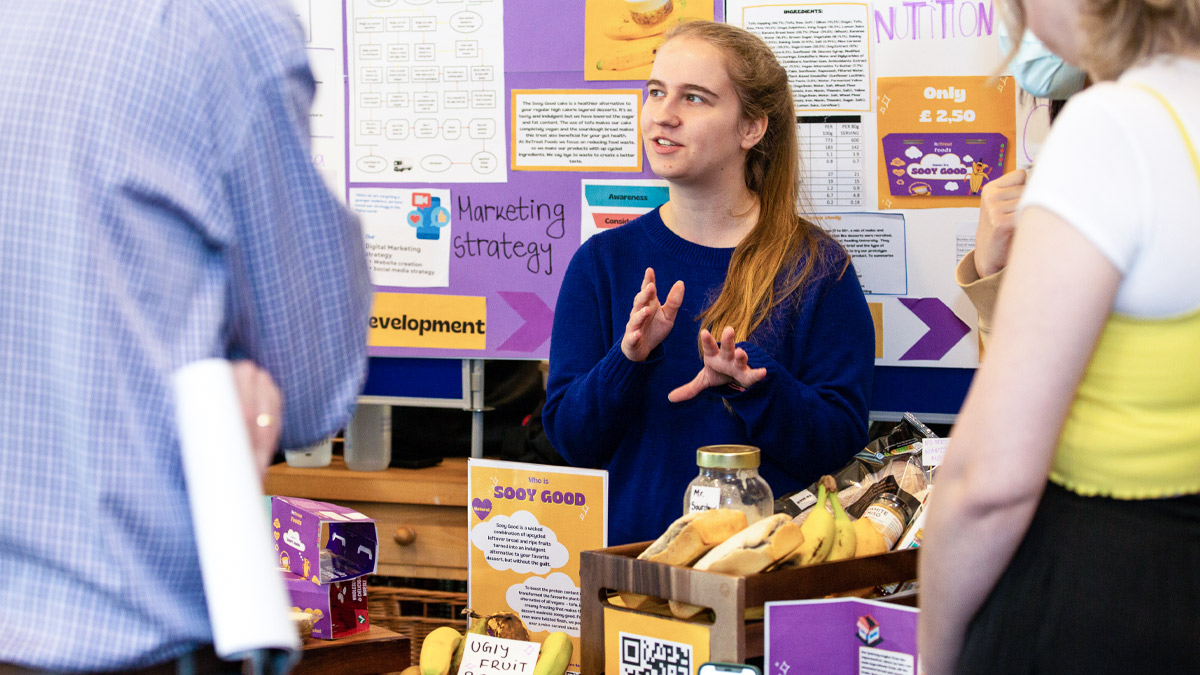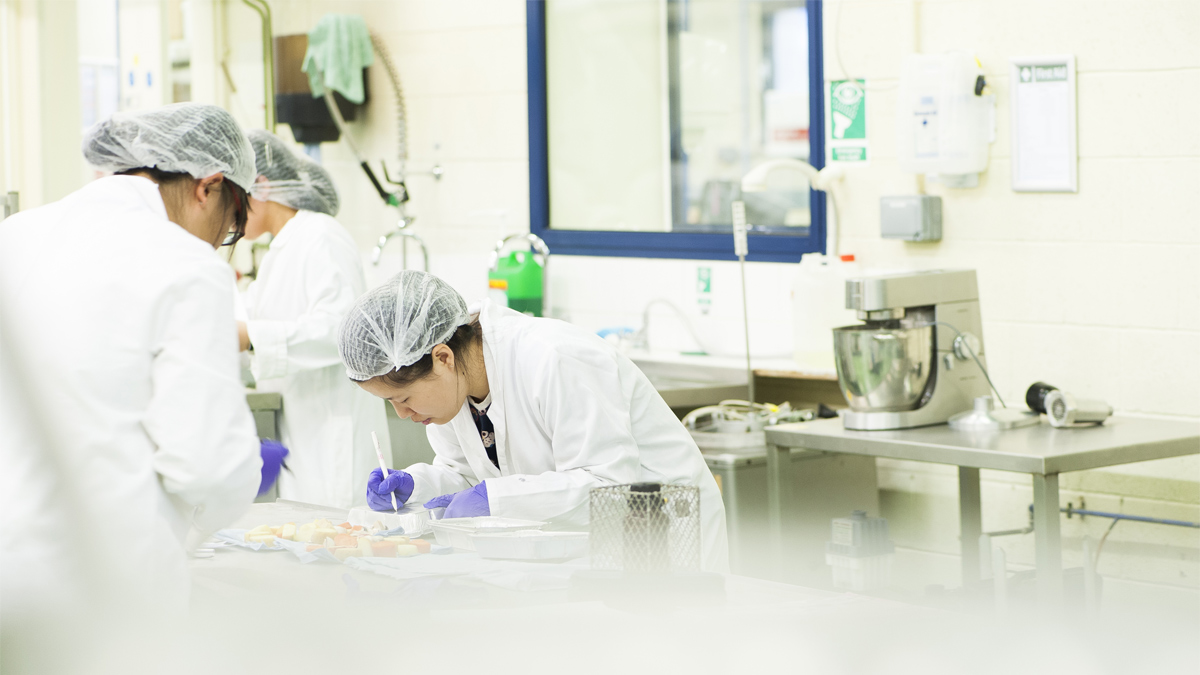
Study in one of the UK's largest food and nutritional sciences departments, with extensive facilities that enable us to engage in diverse teaching and research.
You will have the opportunity to learn from world-leading experts, giving you the best start to your career in food science.
Our understanding of food science has informed public health advice and helped the food industry to develop new products that deliver great taste in a healthy package.



